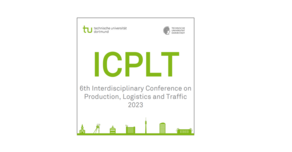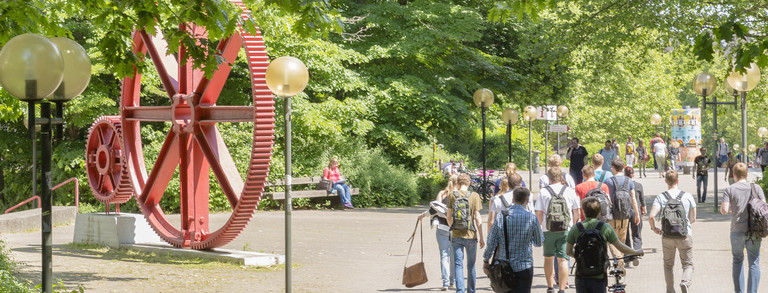EnEff:Stadt: UrbanFactory II – Resource-efficient urban districts through urban production
- Projects
- Current Projects
- Transport Modelling and Process Planning
Background
Due to spatial concentration, urban spaces are subject to highly dynamic processes that are additionally ignited by global megatrends (including technology and climate change). Urban production sites create innovations, jobs and prosperity but cause resource and energy flows and trigger permanent construction activities. The actors involved are confronted with new challenges, conflicts and the need for cooperation - economically, ecologically and socially. The aim is to synergistically combine the already highly developed, resource-efficient adaptation of the individual urban modules and to implement additional efficiency potentials for a sustainable city-factory system.
The project aims to increase the resource efficiency of the city-factory-system by linking resource flows of different originators, users and producers in a meaningful way (taking into account economic, ecological and social contexts). Together with relevant stakeholders in the city-factory system, areas of conflict and opportunities for cooperation are analysed and innovation and efficiency potentials are developed through appropriate measures.
Building on a deep understanding of the "urban factory" and shared resources (such as land, knowledge, etc.) developed in the previous project, this project will identify further exchange potential in the focus regions in Braunschweig and Wolfsburg, derive data-based measures to increase resource efficiency and establish a network as a best practice.
The Institute of Transport Logistics at TU Dortmund University is responsible for the resources and measures related to transport and logistics. The goal is to develop transport models to evaluate individual transport and logistics measures and their effects on other actors and, based on this, to derive adaptation options for resource efficiency.
Procedure
For the achievement of the project goals and the structured research process, the work plan is divided into five work packages (WP) and distributed among the partners according to expert knowledge and backgrounds in technological, organisational, scientific and political implementation. The research project is an as interdisciplinary collaboration between the respective actors in the areas.
The WP includes, for example, the analysis of the focus regions, the development and implementation of measures and methods, and the identification of innovative business models for urban production.
Targeted Results
The research project aims to apply the previously identified urban production measures. The measures are intended to increase resource efficiency and the acceptance of urban production locations. In addition, validation and development of transfer products are to take place so that the entire project as a use case acquires a general lighthouse for urban production.
Website: urbanfactorynetwork.de
Contact: Prof. Dr.-Ing. Uwe Clausen
Funding
[Translate to English:]
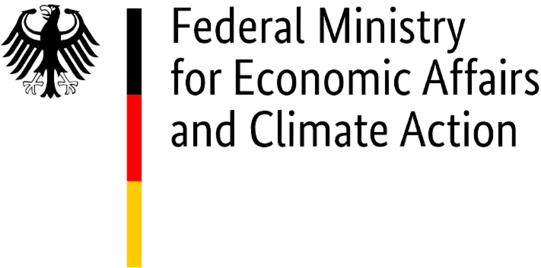
Partners
[Translate to English:]

TU Braunschweig
Faculty of Architecture, Civil Engineering and Environmental Sciences
Institute of Construction Design, Industrial and Health Care Building
Univ.-Prof. Mag. Arch. M. Arch. Carsten Roth
Contact: Dipl.-Ing. Michael Bucherer

TU Braunschweig
Faculty of Mechanical Engineering
Institute of Machine Tools and Production Technology
Chair of Sustainable Manufacturing and Life Cycle Engineering
Prof. Dr.-Ing. Christoph Herrmann
Contact: M. Sc. Sina Rudolf

TU Braunschweig
Carl-Friedrich-Gauß-Faculty
Institute of Sociology – Work and Organisations
Prof. Dr. Christian Ebner
Contact: M.A. Felix Isensee
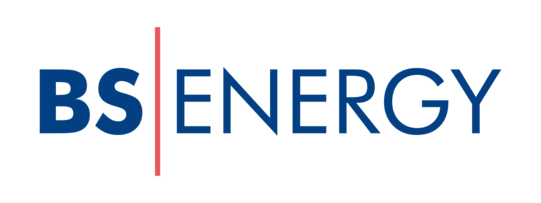
Braunschweiger Versorgungs-AG & Co. KG
Contact: Charlotte Neimann
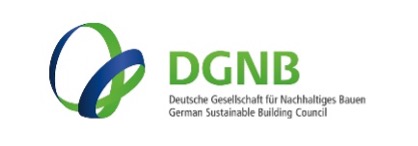
Deutsche Gesellschaft für Nachhaltiges Bauen
Contact: Dr. Stephan Anders

Ökopol Institut für Ökologie und Politik GmbH
Contact: Dirk Jepsen
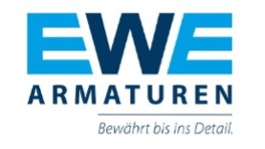
Wilhelm Ewe GmbH & Co. KG
Contact: Jan-Peter Ewe

Volkswagen AG
Contact: Malte Gebler

Wolfsburg AG
Contact: Hubert Szczepaniak

Stadt Braunschweig
Contact: Harald Streich
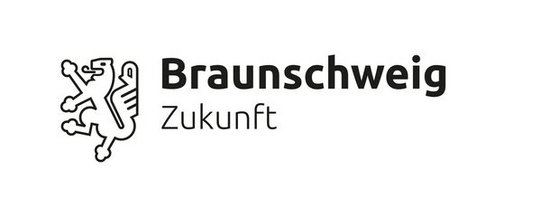
Braunschweig Zukunft GmbH
Contact: Sebastian Hallmann
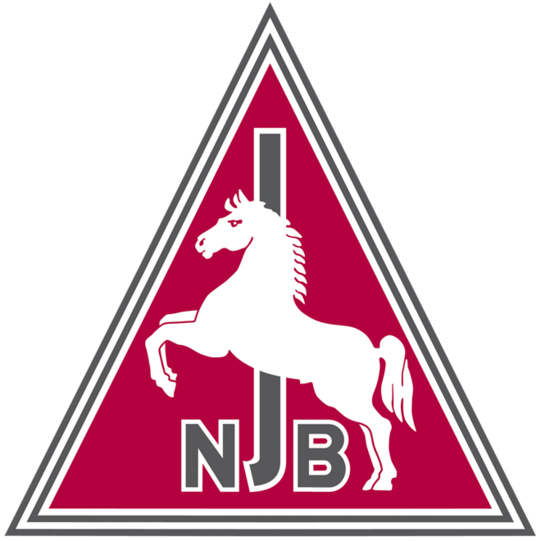
Nationale Jürgens Brauerei GmbH
Contact: Dr. Max Juraschek
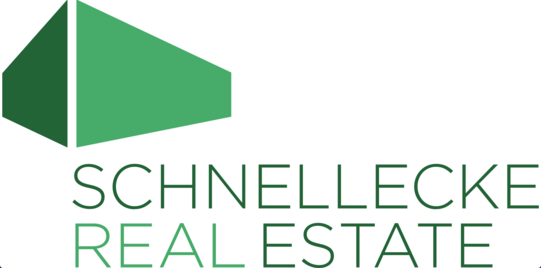
Schnellecke Real Estate GmbH
Contact: Marcel Scholle



